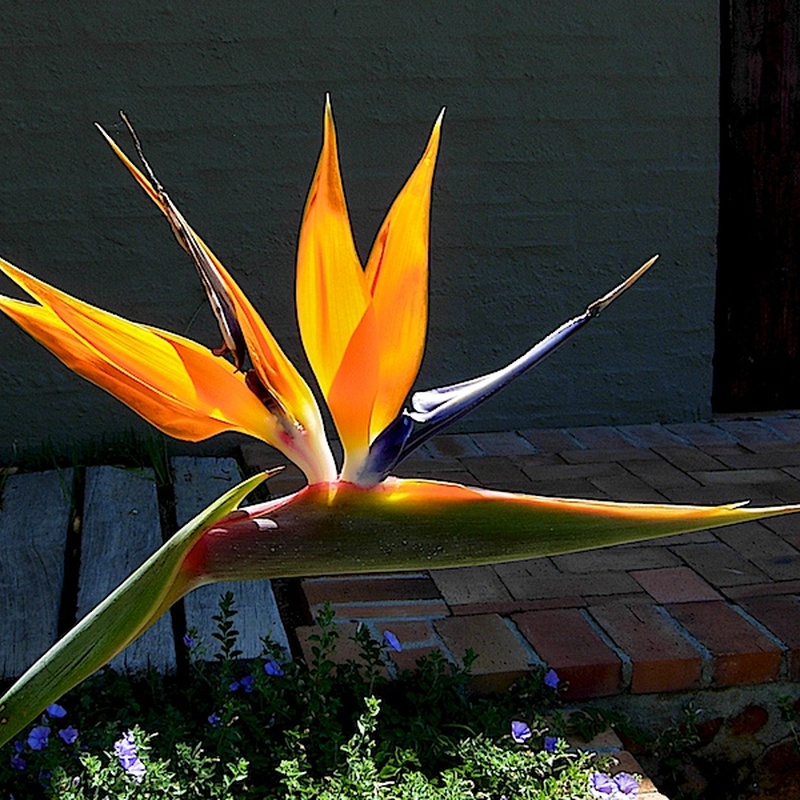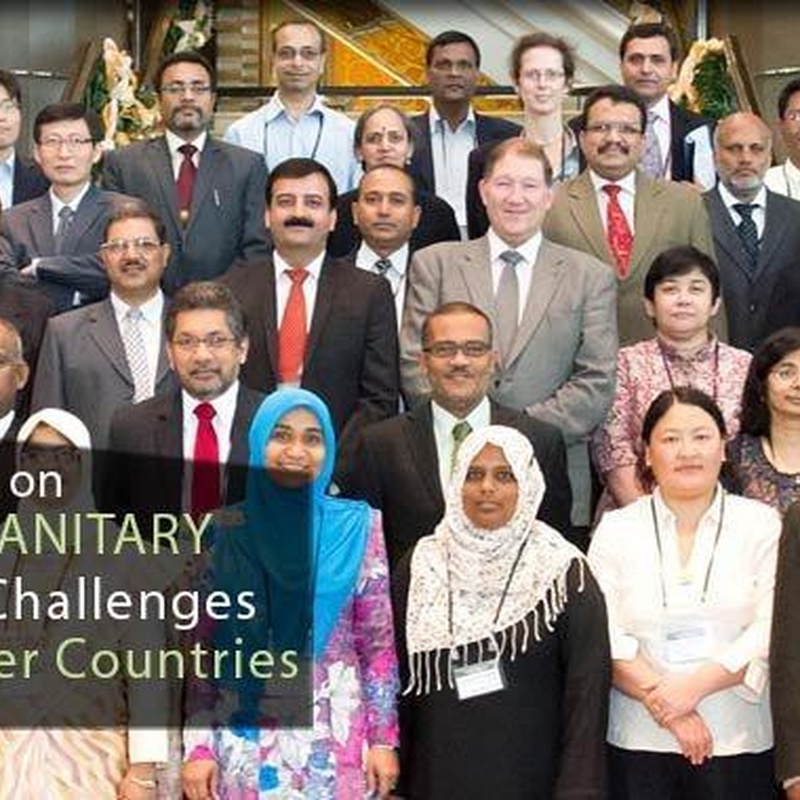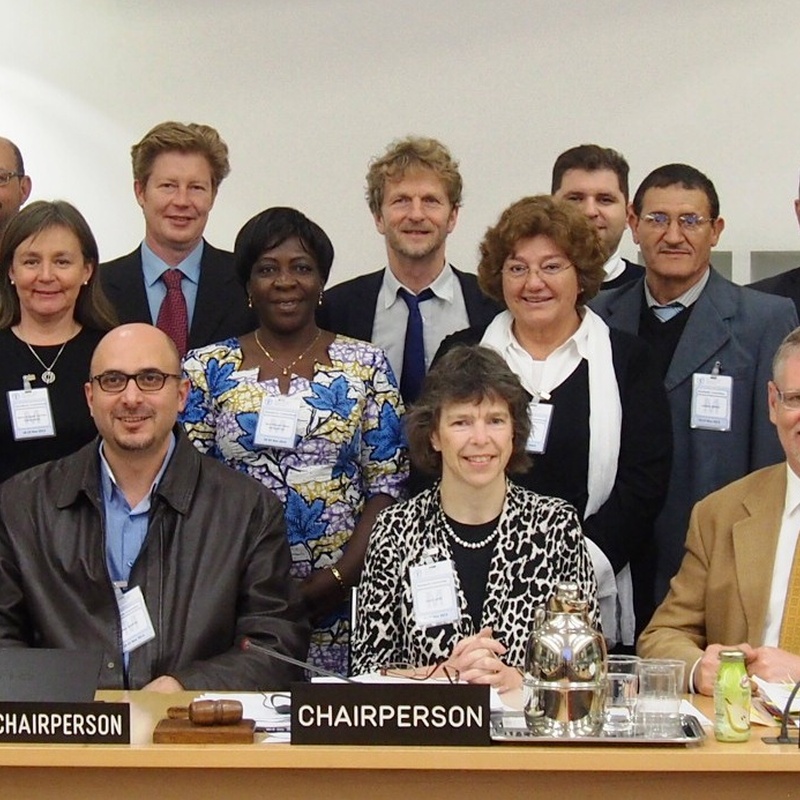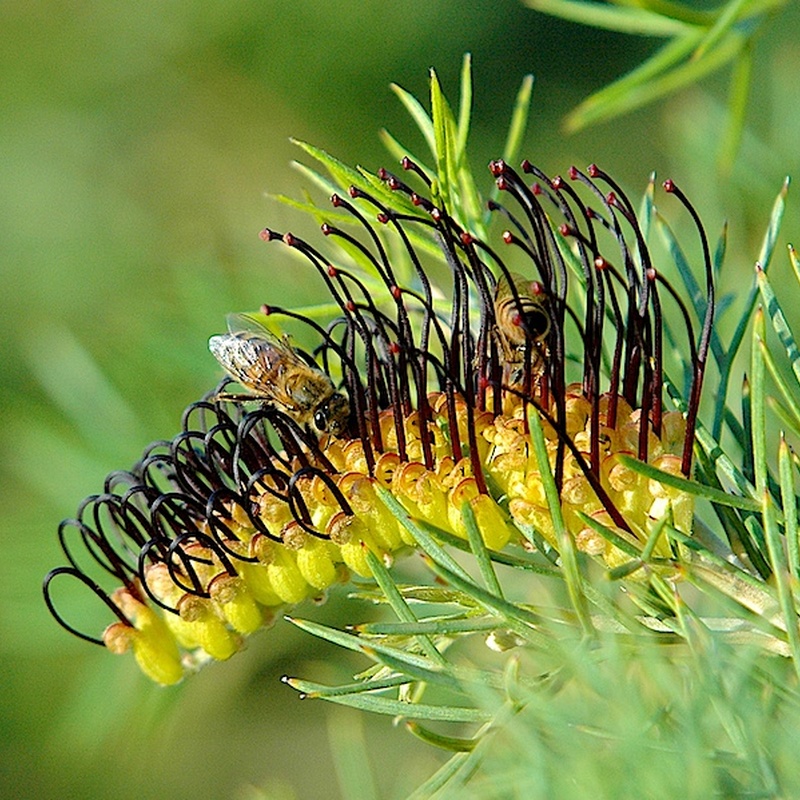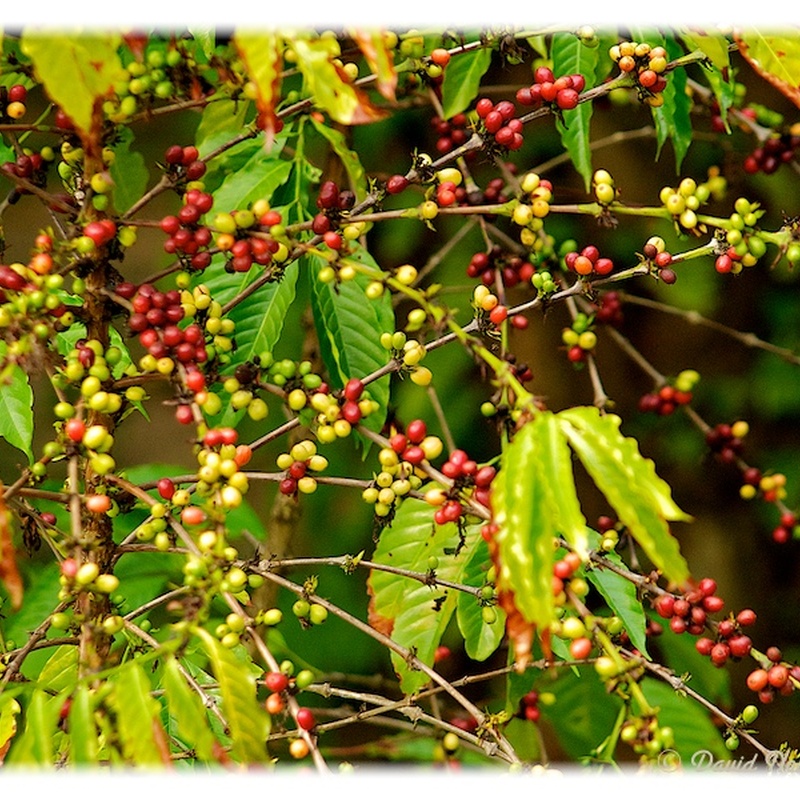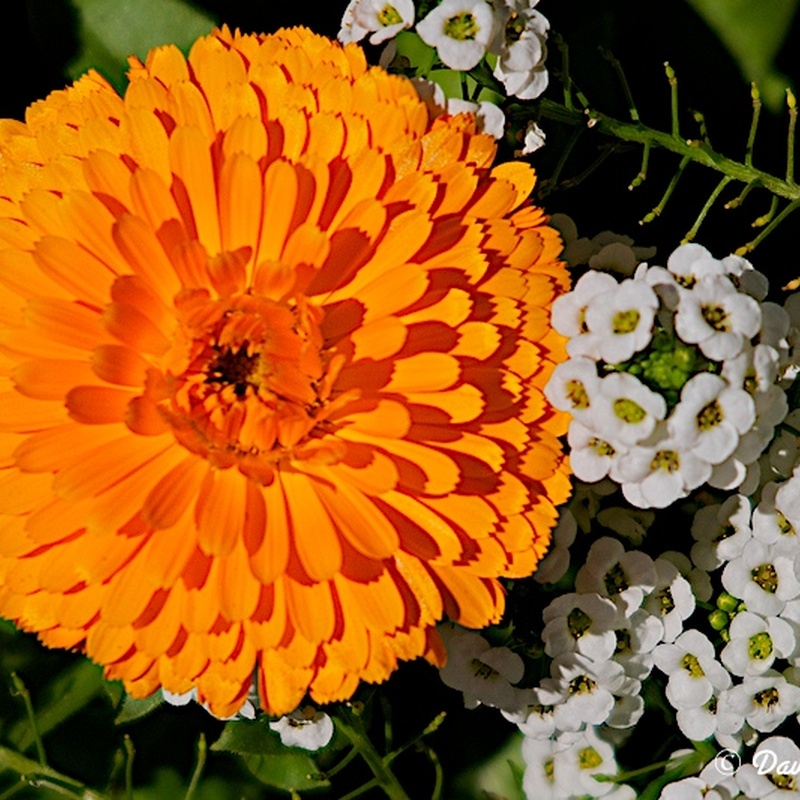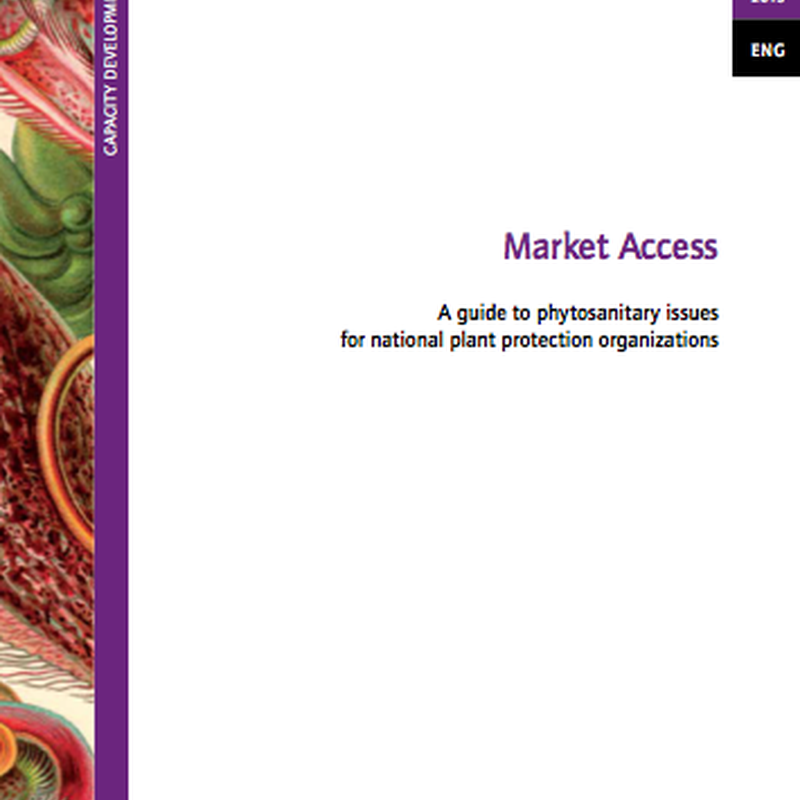2013 December IPPC Call for Experts
Posted on Lun, 16 Dic 2013, 18:38
The International Plant Protection Convention (IPPC) Secretariat is soliciting nominations for appropriately qualified experts to take part in Expert working group (EWG) to develop international standard on International movement of wood products and handicrafts made from wood (2008-008). Nominations are …
Read moreWorking together makes sense
Posted on Jue, 12 Dic 2013, 10:26
The New Zealand Government has announced a new tool in the fight against unwanted pests with its approval of a formal partnership agreement with agriculture industries. Under the Government Industry Agreement (GIA) for Biosecurity Readiness and Response, government and industry …
Read moreCompiled member comments posted
Posted on Mié, 11 Dic 2013, 09:13
Please be informed that compiled member comments from the member consultation 2013 on draft ISPMs have been posted.
Read moreSC November 2013 Report posted
Posted on Mar, 10 Dic 2013, 14:00
The report from the November SC meeting has been posted. For any query or comment regarding the report please contact [email protected].
Read moreSouth Sudan: the 181th contracting party to the IPPC
Posted on Lun, 09 Dic 2013, 11:49
The IPPC Secretariat welcomes South Sudan as the 181st contracting party to the IPPC and looks forward to working with them in building phytosanitary capacity in their country, and their involvement in the IPPC work programme. IPPC contact point details …
Read moreIPPC Communications Needs Assessment
Posted on Jue, 05 Dic 2013, 10:20
We would like to inform you that the IPPC Secretariat is currently reviewing communications efforts to improve awareness of the IPPC and its work. As part of that, we have developed a survey that will help us to obtain a …
Read moreIPPC Participates in Brainstorming sessions with the South Asia Subregional Economic Cooperation SASEC)
Posted on Vie, 29 Nov 2013, 15:42
On 24-25 of November in Bangkok, Thailand, the IPPC Secretariat participated in the Brainstorming Meeting on Sanitary and Phytosanitary Priorities and Challenges with South Asia Subregional Economic Cooperation (SASEC) member countries. Government officials from relevant agencies, international experts (from organizations …
Read moreSC 2013 November meeting: Approval of Grain specification for MC and the recommendation of draft standard on ePhyto - Appendix to ISPM 12 to CPM-9 2014)
Posted on Mar, 26 Nov 2013, 15:55
The Standards Committee (SC) met on 18-22 November 2013 at FAO headquarters in Rome, Italy. Adhering to its responsibility to oversee the IPPC Standard Setting Process and manage the development of International Standards for Phytosanitary Measures (ISPMs), the SC discussed, …
Read moreVacancy Announcement: Programme Officer IPPC National Reporting Obligations Support)
Posted on Mar, 26 Nov 2013, 12:48
The International Plant Protection Convention (IPPC) is an international treaty whose mission is to secure common and effective actions to prevent the spread and introduction of pests of plants and plant products that may affect the world s plant resources …
Read moreCABI and IPPC Technical Working Group meets in Rome
Posted on Vie, 22 Nov 2013, 15:47
This past week, the Technical Working Group (TWG) between the IPPC Secretariat and CABI, including its Plantwise programme, met at FAO Headquarters in Rome to review the progress made since they convened last January to identify the areas of common …
Read moreKaty Perry and the protection of plants
Posted on Lun, 11 Nov 2013, 13:30
Perry''s latest album includes seed paper with actual flower seeds and instructions for planting What does the American pop music diva Katy Perry have in common with protecting plants? While many pop stars have done a lot to protect the …
Read moreLesotho: the 180th contracting party to the IPPC
Posted on Jue, 31 Oct 2013, 14:57
Welcome to Lesotho as the 180th contracting party to the IPPC. The IPPC contact point for Lesotho can be found at: For a brief summary of Lesotho s agricultural production, trade and forestry, visit: - Production (select Lesotho from dropdown …
Read moreClarification on issues of implementation of IPPC standards
Posted on Lun, 28 Oct 2013, 16:05
In recent correspondence between the IPPC Secretary, Mr. Yukio Yokoi, and the Secretary General of the International Organization for Standardization (ISO), Mr. Rob Steele, it was clarified that the ISO Central Secretariat has never promoted ISO standard adoption as mandatory …
Read moreMarket Access: A Guide for NPPOs
Posted on Jue, 24 Oct 2013, 09:22
Italy , October 2013 - The IPPC Secretariat launches a manual on Market Access: a guide to phytosanitary issues for national plant protection organizations. The IPPC Secretariat launched the manual at the Workshop on SPS-related market access challenges & opportunities, …
Read more


